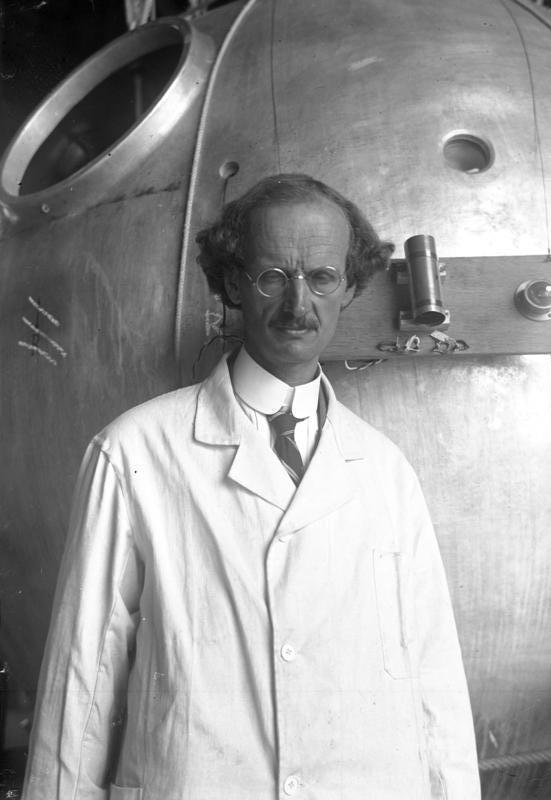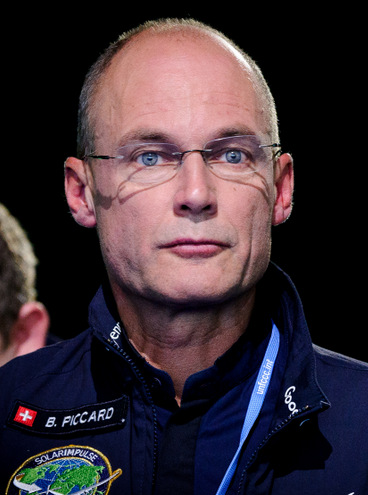Kat Tsun
eeeeeeeeeeeeeee
- Joined
- 16 June 2013
- Messages
- 1,373
- Reaction score
- 1,781
There's no other way to explain how you can have such a rich society of fantastically helpless people and have them *not* overrun by the first drug cartel to come along.
Singapore does alright. Maybe the folks just execute all the drug mules with robot arms that twist off their heads like that Onion skit?
Anyway, a society of rich nerds who can't fight back being "overrun" by cartels describes the United States in the 1960's and '70's more than it does in the 1990's, really, since by the '90's the US had developed pretty effective countermeasures against illicit drug gangs. I was really just talking about aspects like "one big company, inc." and eco-friendly cars in a clean aesthetic which still seems futuristic.
Compare it to Star Trek which was 30 years before Demolition Man. Which one feels more relevant? You can see that the vision of "the future" hasn't changed as much between in the 30 years since Demolition Man, but it changed a lot between Star Trek and Demolition Man sometime in the '70's.
Seems people in the '60's were more worried about global nuclear war or something I guess, which feels pretty quaint compared to things like swear words in rap songs or gig economy ruts like in Demolition Man's hyper-'80's vibe, which is still pretty relevant today.
The massive gang crime and giga-LA hyper violence...not so much. The under city dwellers just keep the maintenance pipes working for pennies on the hour and are expected to cover all costs themselves, and get verbally beaten up by brutal robo-cops that the upper city dwellers send down to yell at them. Because physical violence isn't necessary in such a stratified, hierarchical civilization, where everyone knows their place, but will still complain about it. Instead of fighting against the system and RISING UP or whatever they meekly accept their lot and cook meth on the side to make ends meet, not because society at large is particularly violent (it isn't), or because cops are particularly vicious (they aren't), but because that's not how people work. But Demolition Man is a action movie and it needs to follow a conventional action movie arc.
It's entirely possible for a society to have a hidden violent streak that is not only out of sight and out of mind, but out of general knowledge, really. The US is a pretty good example of it in itself, which is partly why Demolition Man remains pretty relevant. Maybe San Angeles is just a uptown walled suburban housing association full of rich Bay Area tech hipsters? Maybe three blocks down from every place we see in the movie there is a really rough neighborhood but no one comments on it simply because they literally do not realize it exists beyond "oh we don't talk about that" and they speed up slightly as they pass through? Kinda like how Palo Alto is in real life.
Maybe the reason Wesley Snipes is woke up isn't because San Angeles lacks death squads, it's because the Neo-California DOJ said that Nigel Hawthorne "can't just kill a guy over a wage dispute" and "you need to reform your zoning codes for the underdwellers" while the urbanites hemmed and hawwed at that suggestion, and so he's trying to keep it on the DL by having a prisoner do it to throw him under the bus later (this is the actual plot)? Wouldn't be the first time a state bureau had to step into a megacity's overreach.
It's why it's a good post apocalypse (even if the apocalypse is more just a giant earthquake, I suppose) movie: it remains relevant and mirrors reality while exaggerating it. And that reality remains relevant today because less has changed between now and Demo Man than between Star Trek and Demolition Man I guess.
The people in Demolition Man are not being swamped by drug cartels or whatever, so clearly they can handle that problem in some way (it's in fact so little a problem they don't even need to police their own ordinary citizens!), they're just being swamped by the inherent contradictions of their own system. It's built on a bunch of people being exploited to keep the society working for an increasingly smaller number of rich urban dwellers who are so detached from the "real" work of people that they exploit that they aren't even aware they exist, meanwhile those same rich urbanites are willing to keep the under-dwellers around but never give them good pay or decent places to live, despite needing them, and are able to keep them in order by simply putting them in their own designated area.
It's somewhat similar to Moscow 2042 in that regard I guess: one city of a perfect futuristic vision is supported on the backs of endless hordes of workers outside and it's not even that great in the perfect city, and so a man out of time decides to change the future and ends up making it worse. Then some other, older dude from the past shows up and saves everyone from the terrifying future that was always immanent.
So I guess Demolition Man is more a satirical dystopia than a true post-apocalypse, but I like funny movies.
Anyway another good one is The Road, but I liked the movie more than the novel tbh.
Last edited:



